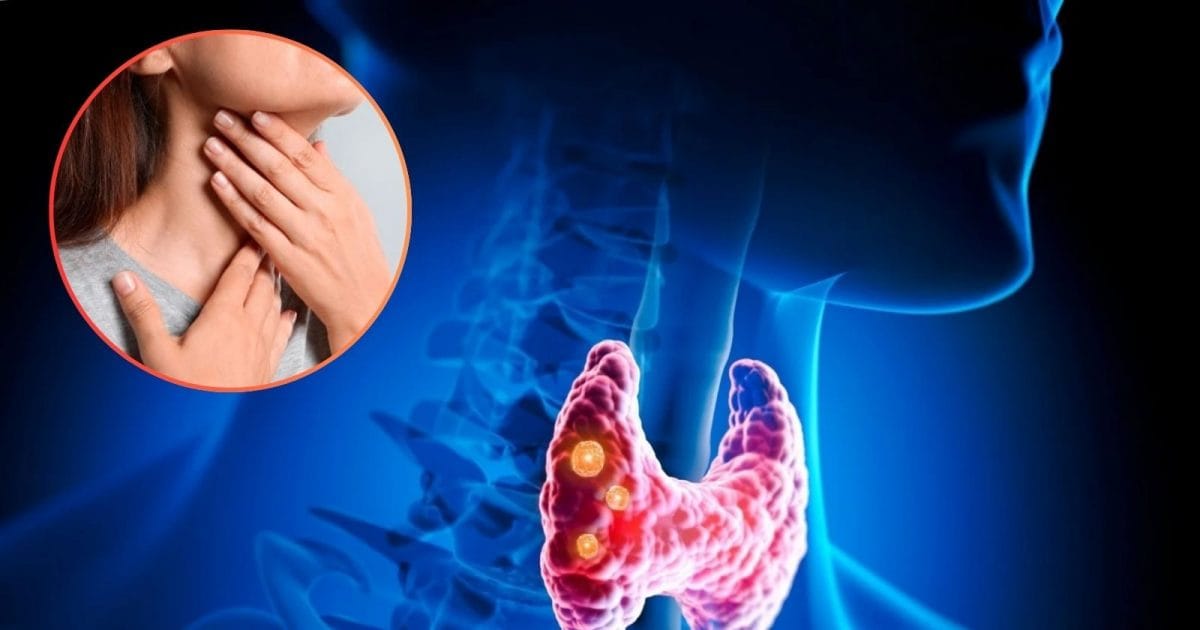Last updated:
Thyroid Primary Symptoms: Thyroid has many things. In general, it is a gland from which many types of thyroid hormones are released. The main function of thyroid is to control the speed of metabolism. Metabolism, that is, we have to control the energy that is made from this nutrient and the energy that is spent by removing the nutrients from the things we eat. That is, in a way, the task of controlling the system of the entire body is of thyroid. Therefore, its increase is also harmful and the incident is also harmful. In such a situation, it is very important to identify the first signal.
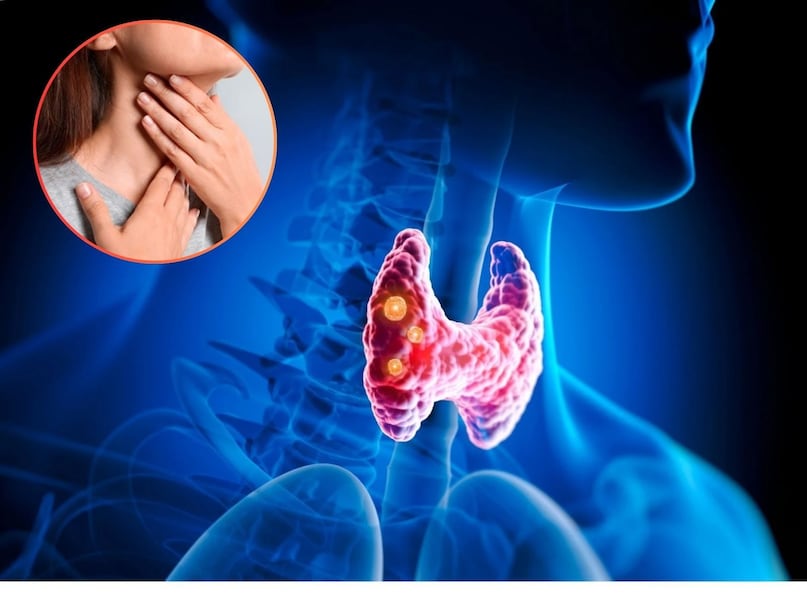
Hormones play a very important role in our body. Any small change in these hormones can also affect our health. One of these essential hormones is T3 (Tryodothyronine) and T4 (thyroxine). They are made from the thyroid gland which is a butterfly shaped in the neck. They play an important role in the metabolism of the body. Lack of these hormones can cause serious health problems.

The work-theirid gland of the thyroid is located under the neck, under the larynx. T3 and T4 hormones affect every cell of the body. They control many important functions like converting food into energy, maintaining body temperature and heartbeat. When there is fluctuations in the manufacture of thyroid hormones, there is also a change in the metabolic rate of the body, which can cause many health related problems. There are mainly two types of thyroid problems:

Hypothyroidism – when the production of thyroid hormones is low. Hyperthyroidism – when the production of thyroid hormones is high. Let us know what symptoms are seen in the body when there is a problem related to thyroid.

Weight changes: If someone has a thyroid problem, then sudden weight can also be reduced or can increase. In the event of hyperthyroidism, the thyroid gland starts making excess hormones, which increases the metabolic rate (metabolic rate) of the body. In such a situation, the food turns into energy more rapidly than normal. The result of this is that despite a change in food habits or not exercising, a person’s weight can be reduced rapidly.

In the event of hypothyroidism, the production of thyroid hormones decreases. It gradually affects the metabolic rate (metabolism) of the body. The process of converting food into energy slows down and weight can increase rapidly despite there is no change in the diet. If there is a sudden and unusual change in your weight, it would be better to get thyroid tested.
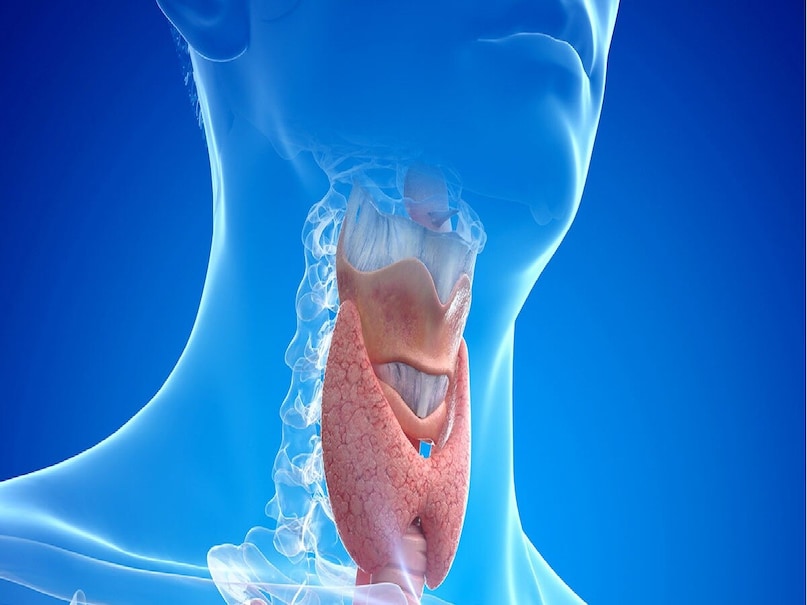
Constant fatigue: One of the main symptoms of hypothyroidism is to feel tired all the time. When there is a deficiency of thyroid hormone in your body, you feel fatigue and lack of energy even after getting enough sleep. It is not only limited to physical fatigue, but many hypothyroidism patients also experience problems like mental fatigue and forgetting. Often this symptom is one of the early signs of hypothyroidism. Do not ignore such fatigue.

Changes in skin and hair: If there is disturbance in thyroid function, changes in skin, hair and nails also appear. In hypothyroidism, the level of thyroid hormone decreases, which slows down the regeneration of skin cells. The effect of this is that the skin becomes dry and itchy, hair becomes dry and starts falling. The nails also start breaking up quickly. At the same time, hair can be soft and thin in hyperthyroidism and the skin becomes very smooth and soft. If you feel a sudden change in your skin or hair, then you should be cautious and contact a doctor if needed.
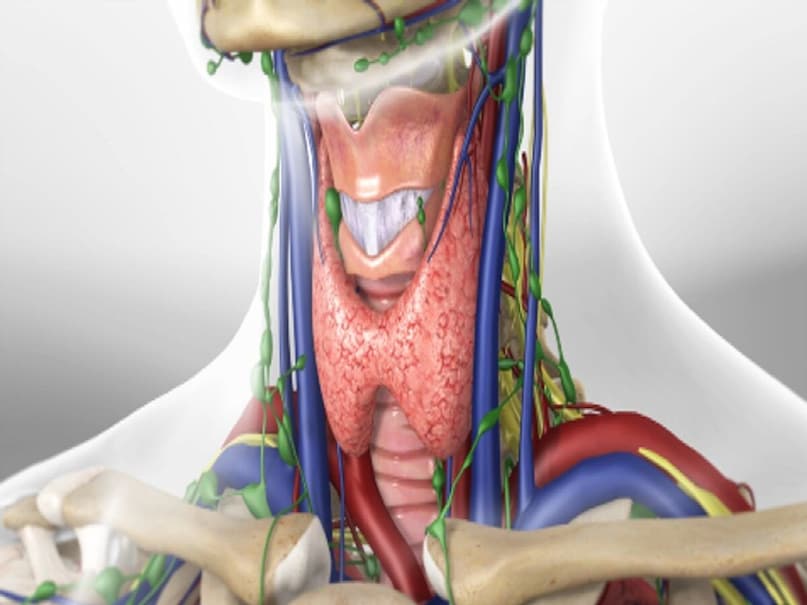
Sleep changes: Sleep problems can be seen in both types of thyroid problems. People suffering from hyperthyroidism are often unable to sleep due to pathological complications. Excessive sweating at night time can also obstruct sleep. At the same time, people suffering from hypothyroidism are seen to have a problem of luster and excessive sleep.
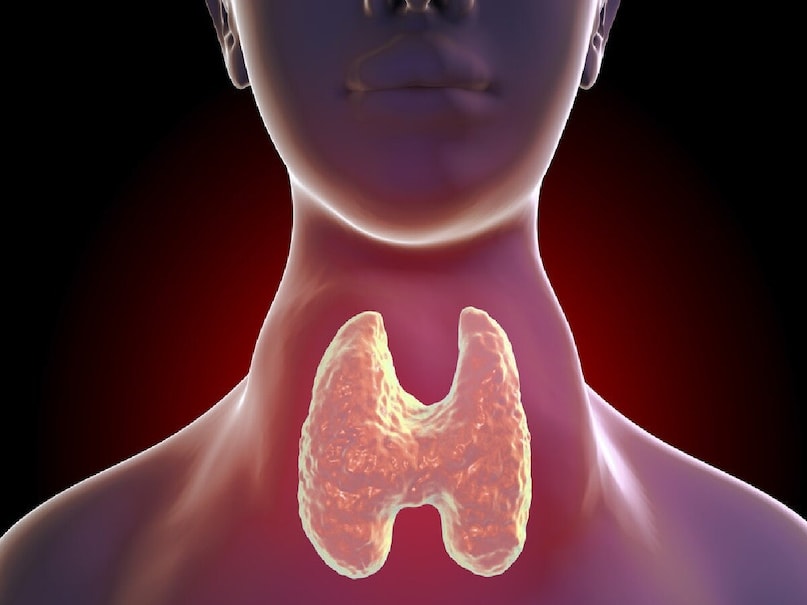
In people suffering from hypothyroidism, low production of thyroid hormones spoils the balance of bacteria in the digestive system, which can cause excessive increase of bacteria. This condition is called “Small Intestinal Bacterial Overgroth (SIBO)”. It is expected that more than half of people suffering from hypothyroidism are affected by SIBO. Due to SIBO, a person may have problems like loss of appetite, stomach pain, nausea (feeling vomiting), diarrhea and flatulence.
